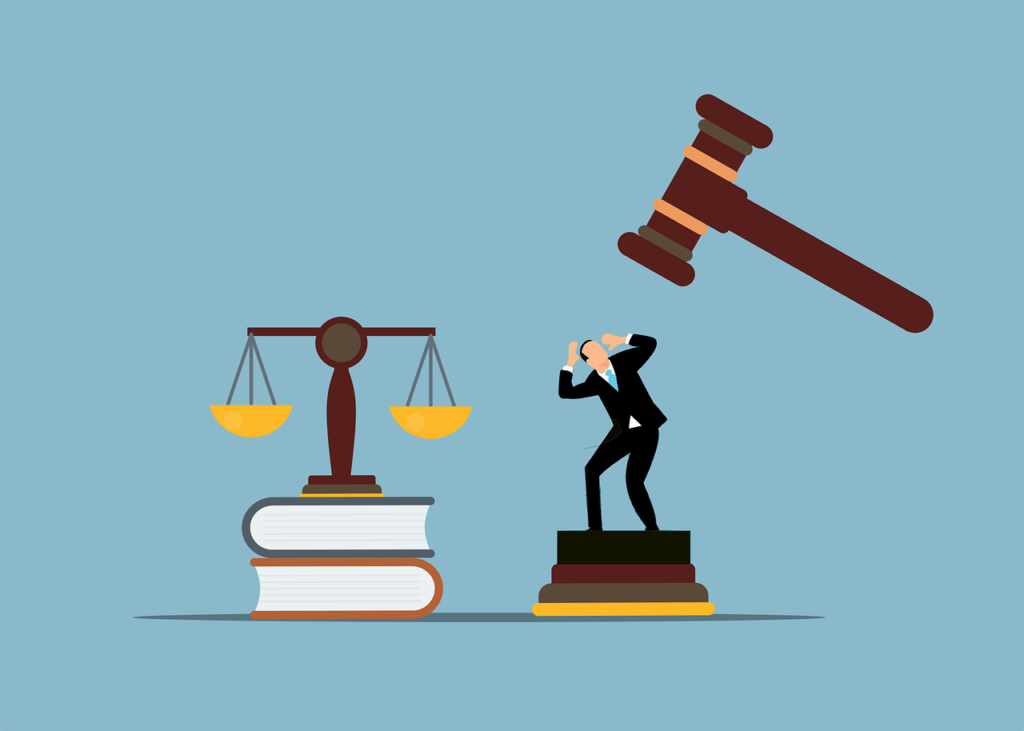Introduction

When facing legal disputes that could end up in court, a trial lawyer plays a crucial role. Unlike other attorneys who might focus on transactional work or pre-trial settlements, trial lawyers specialize in representing clients in the courtroom. This blog post explores what a trial lawyer does, why their role is essential, and how they can make a significant difference in the outcome of your case.
What is a Trial Lawyer?

A trial lawyer, also known as a litigator, is an attorney who represents clients during civil and criminal trials. They are responsible for presenting the case in court, arguing on behalf of their clients, and ensuring that all legal procedures are followed. Their primary goal is to achieve the best possible outcome for their clients, whether that’s a favorable verdict or a beneficial settlement.
Key Responsibilities of a Trial Lawyer

- Case Preparation Preparation is critical for any trial lawyer. This involves gathering evidence, interviewing witnesses, and developing a legal strategy. A trial lawyer must thoroughly understand the facts of the case and the applicable laws to build a strong argument. They also prepare legal documents, such as complaints, motions, and briefs, which are essential for presenting the case in court. Learn more about the essential steps in trial preparation.
- Developing a Legal Strategy A successful trial lawyer crafts a comprehensive legal strategy tailored to the specifics of the case. This includes determining which evidence to present, deciding on the key arguments to make, and anticipating the opposing party’s arguments. Effective strategizing is crucial for presenting a compelling case and persuading the judge or jury. Read about how trial lawyers develop successful legal strategies.
- Courtroom Advocacy The courtroom is where a trial lawyer truly shines. They are responsible for making persuasive arguments, cross-examining witnesses, and addressing the judge and jury. Trial lawyers must be adept at public speaking, quick-thinking, and effective in their delivery to make a convincing case. Discover the skills required for effective courtroom advocacy.
- Negotiation and Settlement While trial lawyers are known for their courtroom skills, they also play a significant role in negotiations. They often engage in settlement discussions to resolve cases before they go to trial. Effective negotiation can lead to favorable settlements that save time, reduce costs, and mitigate risks for their clients. Explore the art of negotiation and settlement in legal cases.
- Handling Appeals If a trial doesn’t end in the desired outcome, a trial lawyer can assist with the appeals process. This involves reviewing the trial record, identifying potential errors, and presenting arguments to a higher court to seek a reversal or modification of the decision. Learn about the appeals process and how trial lawyers manage appeals.

Why Hiring a Trial Lawyer Matters
- Expertise in Litigation Trial lawyers bring specialized skills and knowledge to litigation. Their expertise in presenting cases in court and understanding courtroom dynamics can make a significant difference in the outcome of a trial. They are trained to handle complex legal issues and navigate the intricacies of the judicial system. Understand the benefits of hiring a trial lawyer for your case.
- Strategic Thinking Effective trial lawyers are strategic thinkers who can anticipate and counteract the opposition’s moves. Their ability to think critically and adapt their strategy on the fly is crucial for achieving favorable results in court. Read more about how strategic thinking impacts trial outcomes.
- Emotional Support Legal disputes can be stressful and emotionally taxing. Trial lawyers provide not only legal representation but also emotional support and guidance throughout the process. They help clients understand what to expect and offer reassurance during challenging times. Discover how trial lawyers provide emotional support during legal battles.
- Advocacy for Justice Trial lawyers are advocates for their clients’ rights and interests. They fight to ensure that their clients receive a fair trial and that justice is served. Their commitment to upholding the law and protecting client rights is a cornerstone of their role. Learn about the role of trial lawyers in advocating for justice.
Frequently Asked Questions

- What qualifications should I look for in a trial lawyer? When choosing a trial lawyer, look for qualifications such as experience in handling similar cases, a strong track record of success, and positive client testimonials. It’s also important that the lawyer is knowledgeable about the relevant area of law and has excellent courtroom skills. Read our guide on finding the best qualifications in a trial lawyer.
- How much does it cost to hire a trial lawyer? The cost of hiring a trial lawyer can vary based on factors such as the complexity of the case, the lawyer’s experience, and the fee structure. Many trial lawyers work on a contingency basis, meaning they only get paid if you win your case, while others may charge hourly rates or flat fees. Learn about different fee structures for trial lawyers.
- How long does a trial typically last? The duration of a trial can vary widely depending on the complexity of the case, the number of witnesses, and the court’s schedule. Some trials may last only a few days, while others can extend over several weeks or months. Find out more about the typical length of trials.
- What should I expect during the trial process? During the trial process, you can expect to participate in pre-trial preparations, attend court hearings, and present evidence and testimony. Your trial lawyer will guide you through each stage of the process and ensure that you are well-prepared. Explore what to expect during a trial and how to prepare.
- Can a trial lawyer help with cases outside the courtroom? Yes, trial lawyers often assist with pre-trial negotiations and settlement discussions. They may also provide advice and representation for appeals if the case does not end favorably. Learn about how trial lawyers assist with negotiations and appeals.
Conclusion

Trial lawyers are integral to the legal system, providing crucial representation and advocacy in court. Their expertise in litigation, strategic thinking, and commitment to their clients make them essential for achieving favorable outcomes in legal disputes. If you find yourself facing a trial, enlisting the help of a skilled trial lawyer can make a significant difference in the results of your case.
For more information about trial lawyers and their role in the legal process, visit our detailed guide and explore other resources on our website.
